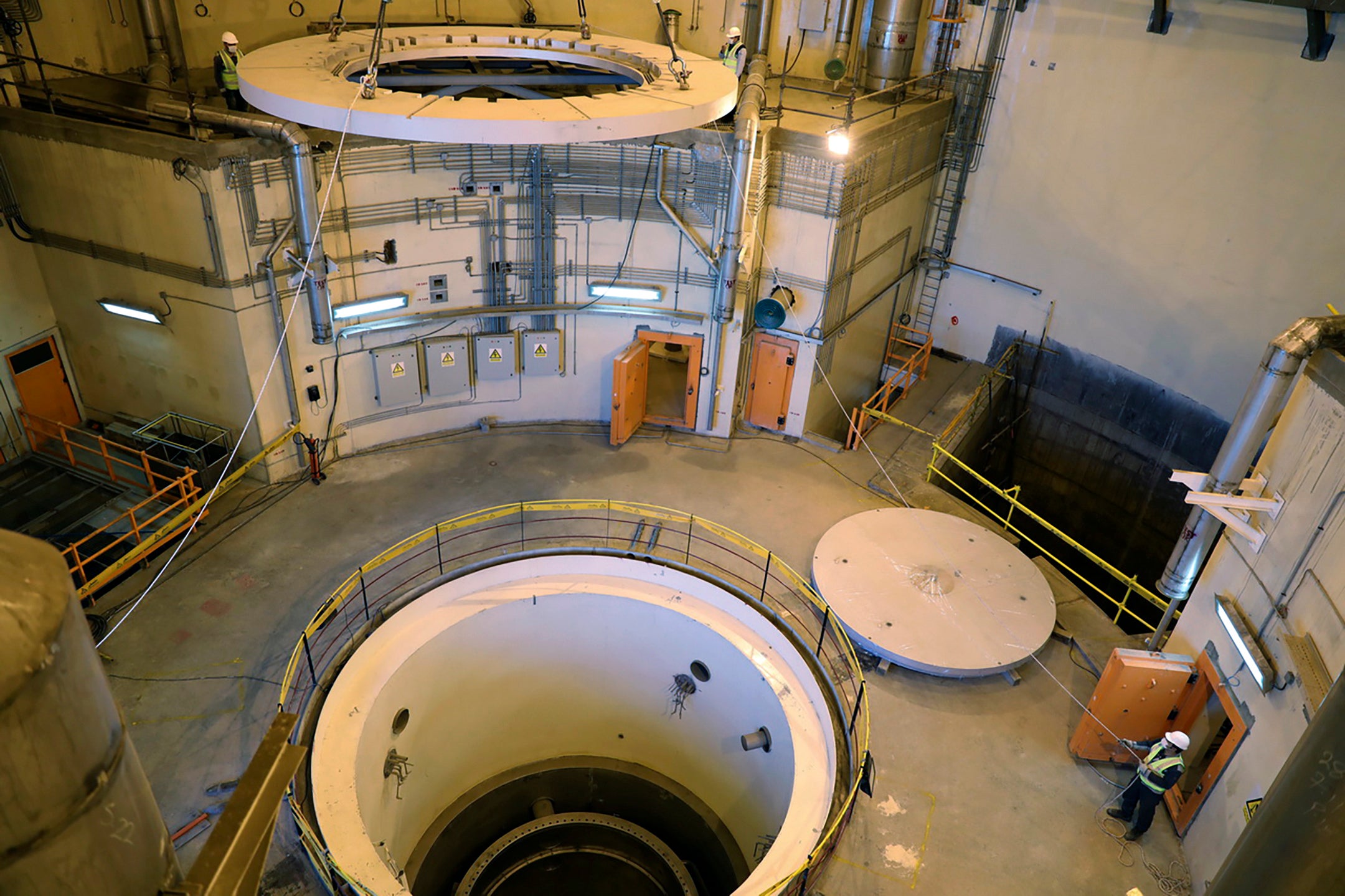Germany's Scholz sees no quick nuclear deal with Iran
German Chancellor Olaf Scholz made clear Monday that he doesn’t expect an agreement with Iran in the immediate future to restore Tehran’s tattered nuclear deal with world powers, though he said there’s no reason for Iran not to sign up and European countries would remain “patient.”

German Chancellor Olaf Scholz made clear Monday that he doesn't expect an agreement with Iran in the immediate future to restore Tehran's tattered nuclear deal with world powers, though he said there's no reason for Iran not to sign up and European countries would remain “patient.”
Scholz spoke after meeting in Berlin with Israeli Prime Minister Yair Lapid, who insisted that restoring the 2015 agreement would be a mistake. Germany, along with France, Britain, Russia and China, is still a party to the deal.
The European countries “have made proposals, and there is no reason now for Iran not to agree to these proposals, but we have to take note of the fact that this isn't the case, so it certainly won't happen soon, although it looked for a while like it would," Scholz said. “We remain patient, but we also remain clear: Iran must be prevented from being able to deploy nuclear weapons.”
The United States unilaterally pulled out of the accord in 2018 under then President Donald Trump and reimposed sanctions on Iran, prompting Tehran to start backing away from the deal’s terms.
Iran earlier this month responded to a final draft of a roadmap for parties to return to the tattered nuclear deal. A probe by the International Atomic Energy Agency into man-made uranium particles found at three undeclared sites in the country has become a key sticking point in the talks for renewing the agreement.
Iran’s hard-line president, Ebrahim Raisi, has said that the IAEA investigation into the issue must be halted in order for the 2015 deal to be renewed.
The IAEA, the U.N. nuclear watchdog agency. has for years sought answers from Iran to its questions about the particles. U.S. intelligence agencies, Western nations and the IAEA have said Iran ran an organized nuclear weapons program until 2003. Iran long has denied ever seeking nuclear weapons.
Germany, France and Britain said in a statement at the weekend that “Iran must fully and, without delay, cooperate in good faith with the IAEA.”
Bookmark popover
Removed from bookmarks